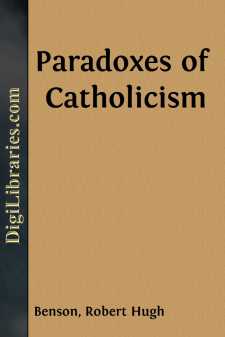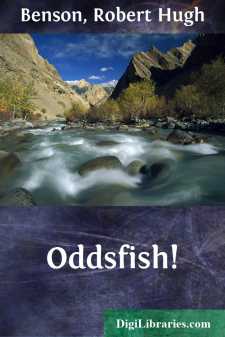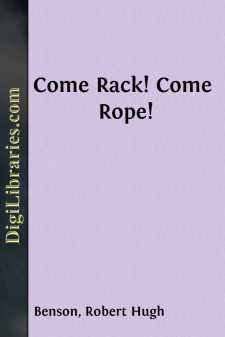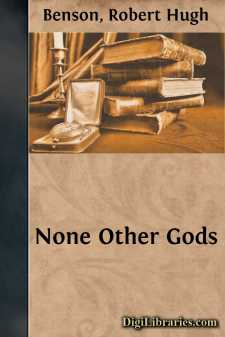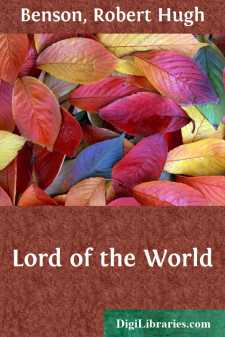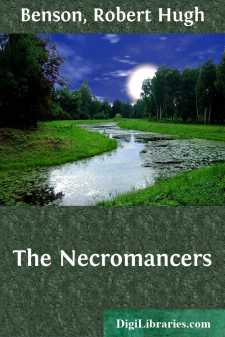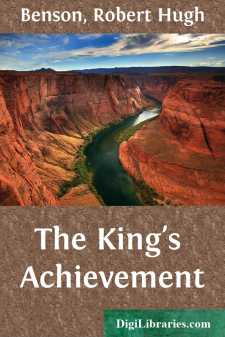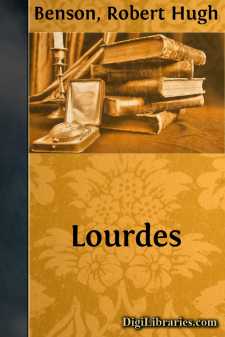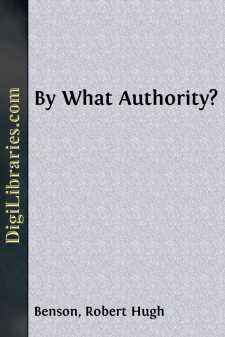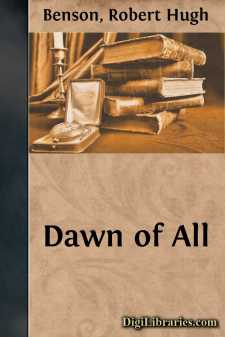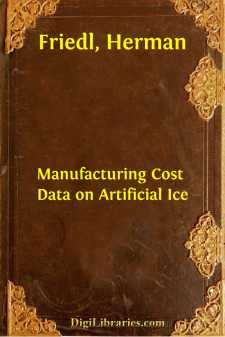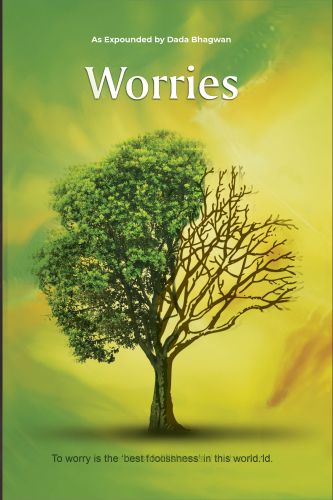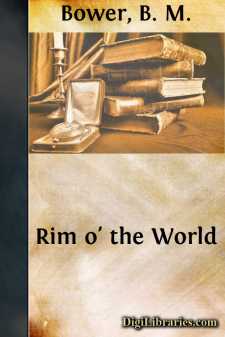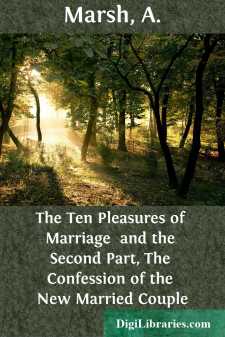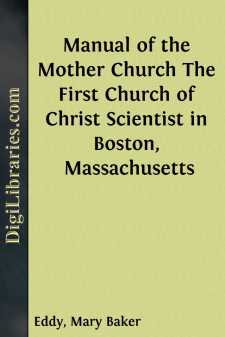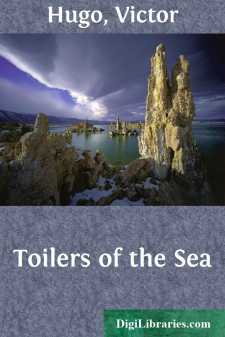Categories
- Antiques & Collectibles 13
- Architecture 36
- Art 48
- Bibles 22
- Biography & Autobiography 813
- Body, Mind & Spirit 142
- Business & Economics 28
- Children's Books 16
- Children's Fiction 13
- Computers 4
- Cooking 94
- Crafts & Hobbies 4
- Drama 346
- Education 46
- Family & Relationships 57
- Fiction 11829
- Games 19
- Gardening 17
- Health & Fitness 34
- History 1377
- House & Home 1
- Humor 147
- Juvenile Fiction 1873
- Juvenile Nonfiction 202
- Language Arts & Disciplines 88
- Law 16
- Literary Collections 686
- Literary Criticism 179
- Mathematics 13
- Medical 41
- Music 40
- Nature 179
- Non-Classifiable 1768
- Performing Arts 7
- Periodicals 1453
- Philosophy 64
- Photography 2
- Poetry 896
- Political Science 203
- Psychology 42
- Reference 154
- Religion 513
- Science 126
- Self-Help 84
- Social Science 81
- Sports & Recreation 34
- Study Aids 3
- Technology & Engineering 59
- Transportation 23
- Travel 463
- True Crime 29
Paradoxes of Catholicism
Categories:
Description:
Excerpt
INTRODUCTORY
(i) JESUS CHRIST, GOD AND MAN
I and My Father are one.—JOHN X. 30.
My Father is greater than I.—JOHN XIV. 20.
The mysteries of the Church, a materialistic scientist once announced to an astonished world, are child's play compared with the mysteries of nature.[1] He was completely wrong, of course, yet there was every excuse for his mistake. For, as he himself tells us in effect, he found everywhere in that created nature which he knew so well, anomaly piled on anomaly and paradox on paradox, and he knew no more of theology than its simpler and more explicit statements.
[Footnote 1: Professor Huxley.]
We can be certain therefore—we who understand that the mysteries of nature are, after all, within the limited circle of created life, while the mysteries of grace run up into the supreme Mystery of the eternal and uncreated Life of God—we can be certain that, if nature is mysterious and paradoxical, grace will be incalculably more mysterious. For every paradox in the world of matter, in whose environment our bodies are confined, we shall find a hundred in that atmosphere of spirit in which our spirits breathe and move—those spirits of ours which, themselves, paradoxically enough, are forced to energize under material limitations.
We need look no further, then, to find these mysteries than to that tiny mirror of the Supernatural which we call our self, to that little thread of experience which we name the "spiritual life." How is it, for example, that while in one mood our religion is the lamp of our shadowy existence, in another it is the single dark spot upon a world of pleasure—in one mood the single thing that makes life worth living at all, and in another the one obstacle to our contentment? What are those sorrowful and joyful mysteries of human life, mutually contradictory yet together resultant (as in the Rosary itself) in others that are glorious? Turn to that master passion that underlies these mysteries—the passion that is called love—and see if there be anything more inexplicable than such an explanation. What is this passion, then, that turns joy to sorrow and sorrow to joy—this motive that drives a man to lose his life that he may save it, that turns bitter to sweet and makes the cross but a light yoke after all, that causes him to find his centre outside his own circle, and to please himself best by depriving himself of pleasure? What is that power that so often fills us with delights before we have begun to labour, and rewards our labour with the darkness of dereliction?
I. If our interior life, then, is full of paradox and apparent contradiction—and there is no soul that has made any progress that does not find it so—we should naturally expect that the Divine Life of Jesus Christ on earth, which is the central Objective Light of the World reflected in ourselves, should be full of yet more amazing anomalies. Let us examine the records of that Life and see if it be not so. And let us for that purpose begin by imagining such an examination to be made by an inquirer who has never received the Christian tradition....


